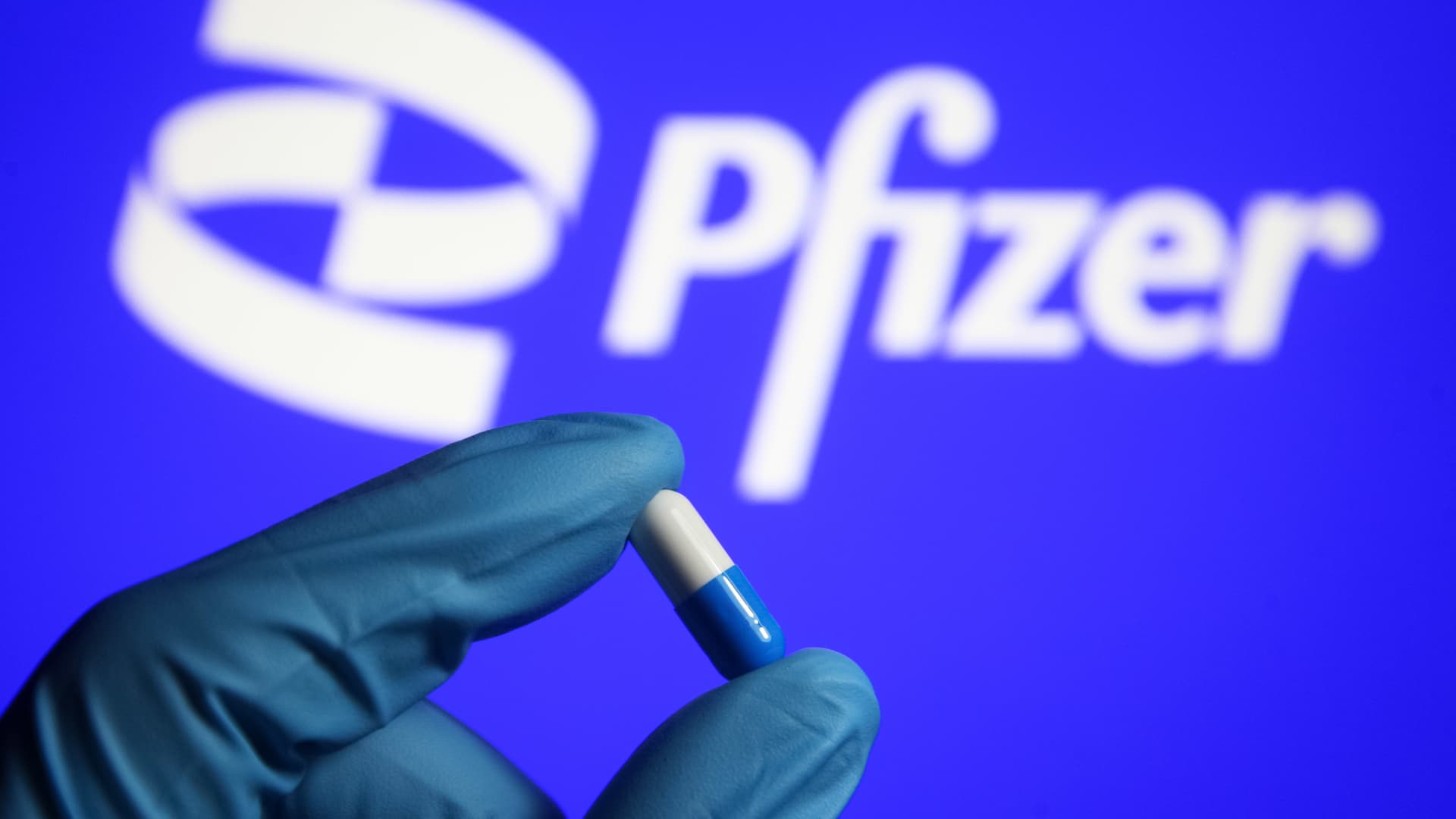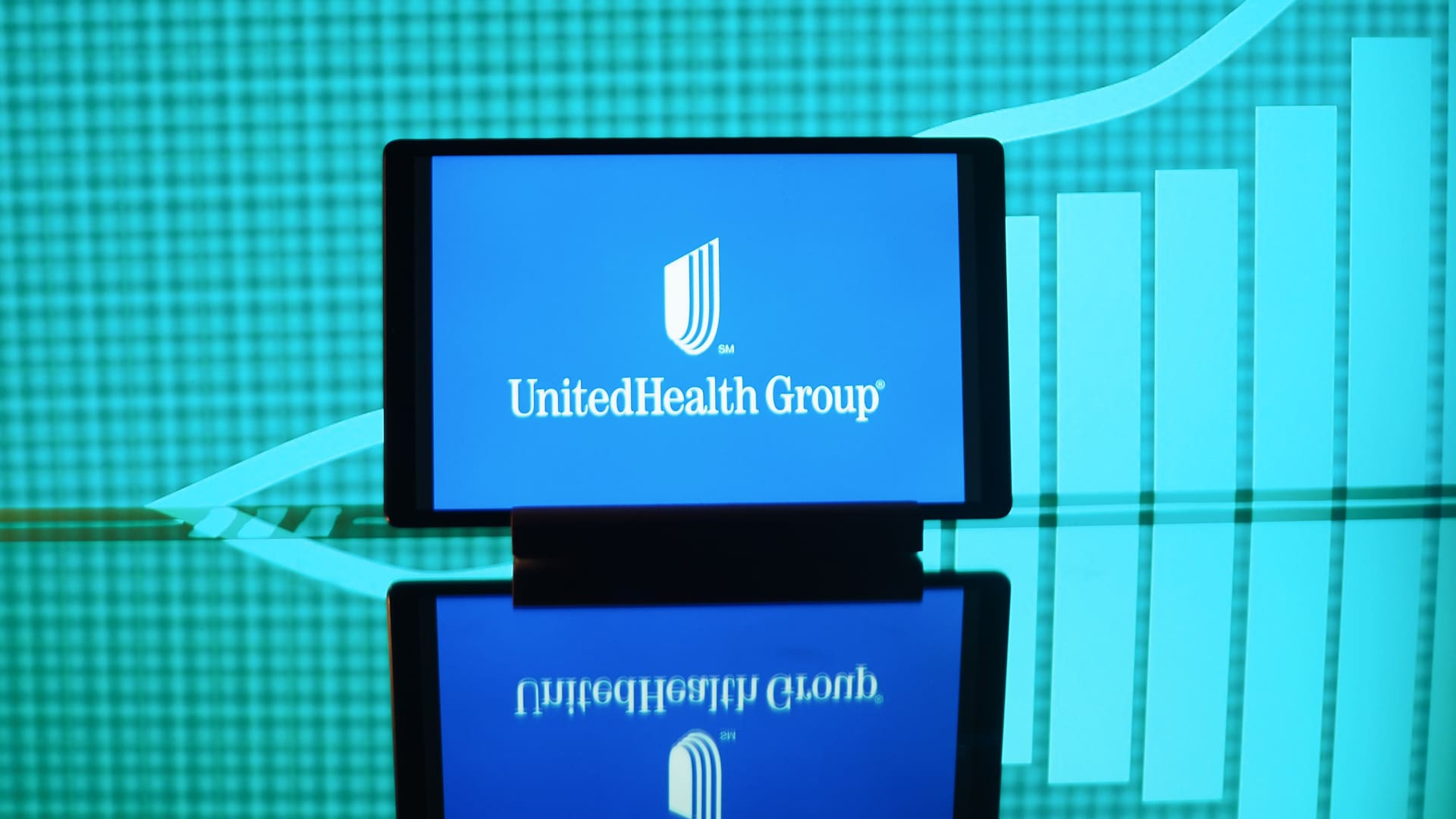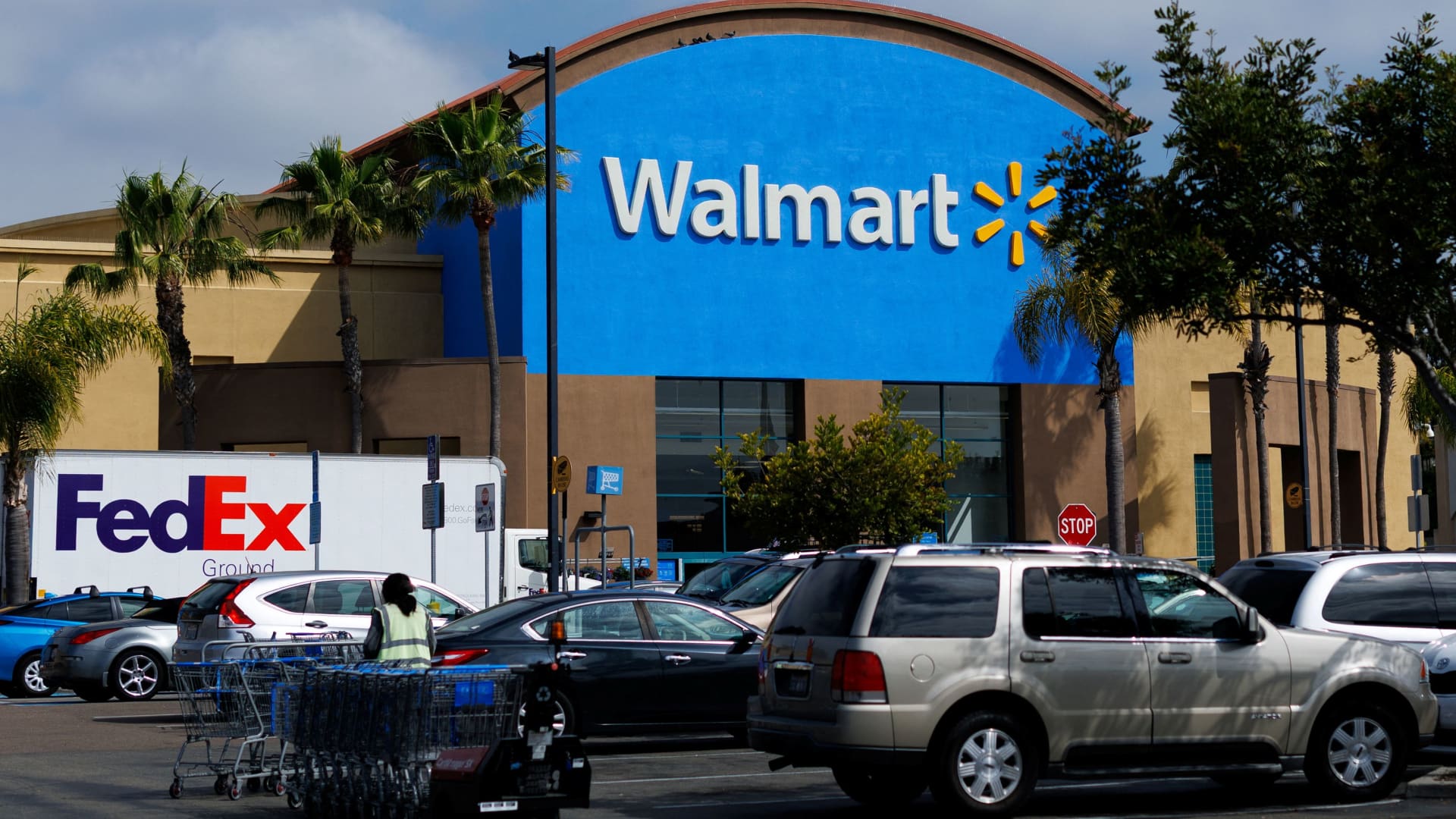Finance
Stocks making the biggest moves midday: GNRC, AMZN, PFE
-

 Accounting1 week ago
Accounting1 week agoEssential Strategies for Maintaining Data Security in Modern Bookkeeping
-

 Finance1 week ago
Finance1 week agoAmerica failing its young investors, warns financial guru Ric Edelman
-

 Economics6 days ago
Economics6 days agoCPI inflation April 2025: Rate hits 2.3%
-

 Economics7 days ago
Economics7 days agoTariff receipts topped $16 billion in April, a record that helped cut the budget deficit
-

 Finance1 week ago
Finance1 week agoPowell may have a hard time avoiding Trump’s ‘Too Late’ label even as Fed chief does the right thing
-

 Economics1 week ago
Economics1 week agoChecks and Balance newsletter: The election of Pope Leo XIV goes beyond American politics
-

 Personal Finance5 days ago
Personal Finance5 days agoHouse Republicans advance Trump’s tax bill. ‘SALT’ deduction in limbo
-

 Economics4 days ago
Economics4 days agoViolent crime is falling rapidly across America











